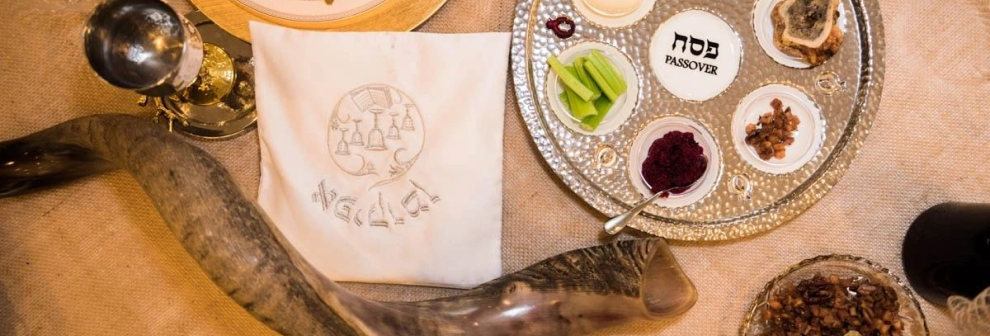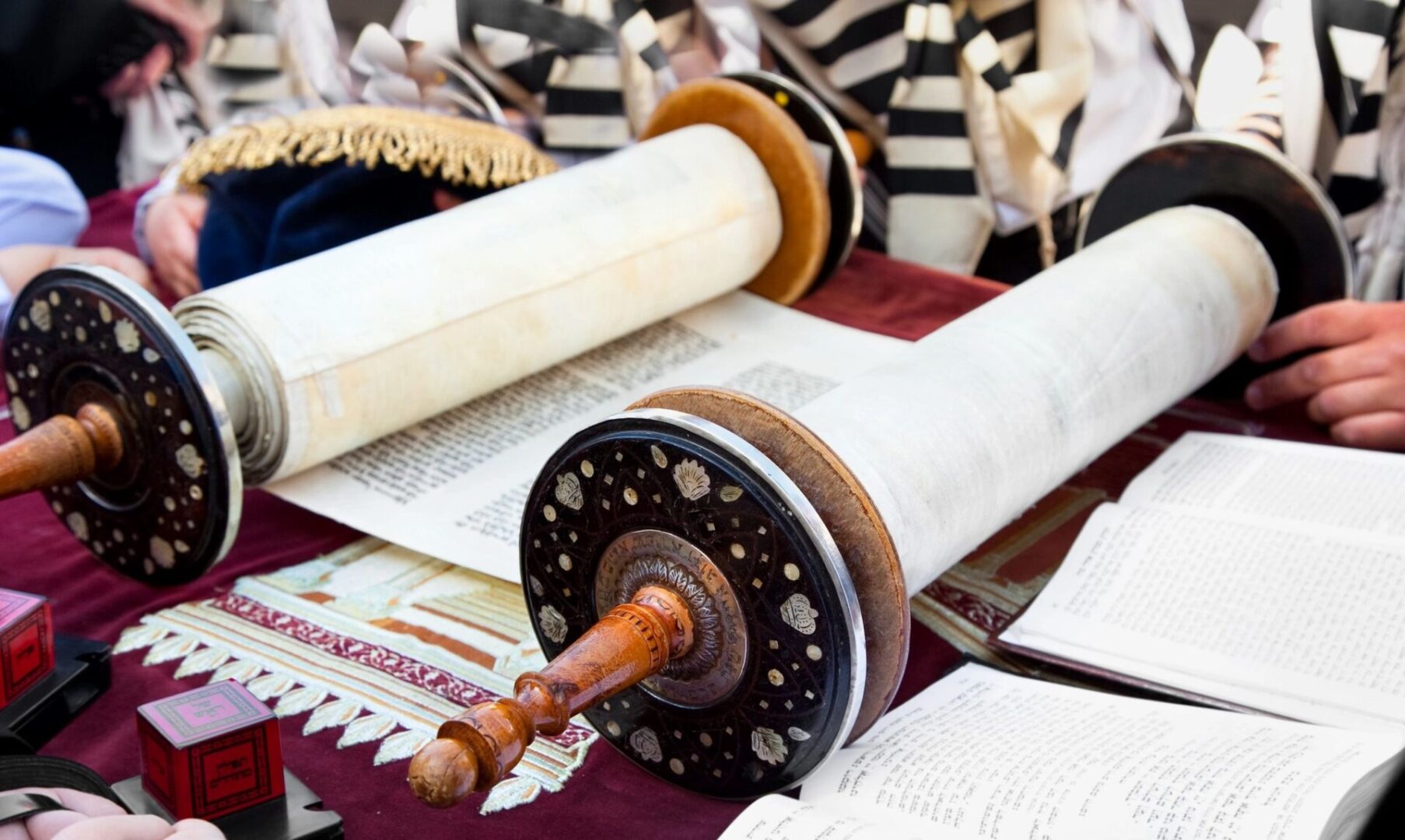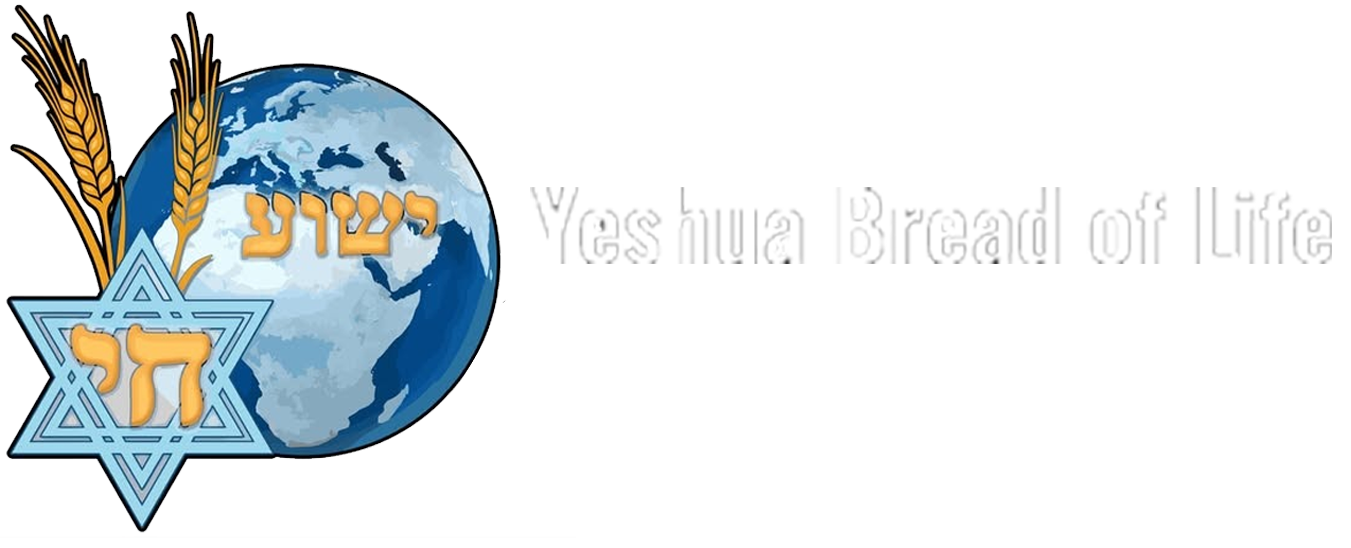The Spring Feasts
the information found here on this page will help better your experience with
us and make you more prepared when you arrive.
the information found here on this page will help better your experience with
us and make you more prepared when you arrive.
the information found here on this page will help better your experience with
us and make you more prepared when you arrive.
the information found here on this page will help better your experience with
us and make you more prepared when you arrive.
the information found here on this page will help better your experience with
us and make you more prepared when you arrive.
the information found here on this page will help better your experience with
us and make you more prepared when you arrive.
the information found here on this page will help better your experience with
us and make you more prepared when you arrive.
the information found here on this page will help better your experience with
us and make you more prepared when you arrive.
the information found here on this page will help better your experience with
us and make you more prepared when you arrive.







The Spring Feasts
Pesach (The Passover)
This is the foundational feast. The 6 feasts that follow are built upon it. It is covered in Leviticus 23:5.
In all the words that are used to describe what took place in Egypt none fits better than one word – “Redemption”. Israel was redeemed so that they could worship and serve the true and living G-d. But this redemption is not without cost. Blood had to be shed. All of the lambs sacrificed in Egypt pointed to the one true Lamb of G-d which takes away the sin of the world (John 1:29).
The story of Passover begins in the book of Exodus. The children of Israel were slaves in Egypt, subjected to harsh labor and cruelty. G-d heard the cry of his people and sent Moses to tell Pharaoh to let G-d’s people go. However G-d hardened Pharaoh’s heart so that he would not listen, but G-d used this to perform many signs and wonders in Egypt. He sent plagues upon the Egyptians to spite their so-called gods and to show all that He is the one true G-d.
After nine devastating plagues fell upon the Egyptians, G-d instructed his people to take an unblemished lamb, one for each household, keep it for three days, and then slaughter it and cover their doorposts with its blood. They were to take its meat, roast it by fire, and eat it with matza and bitter herbs, and not a single bone in its body was to be broken. That night G-d went through the land of Egypt and struck down every firstborn man and beast; however, every house which had the blood on the doorpost was spared.
This was how G-d redeemed his people from bondage in Egypt. The blood on the doorposts was a sign that they were his people.
It was this event that became the first Passover, for the destroyer passed over each house that was marked with the blood. This became an eternal ordinance, a reminder for every generation of what G-d did to deliver his people.

Fast forward hundreds of years later to find Yeshua observing the Passover Seder with his talmidim, an event also dubbed as the Last Supper, for that night Yeshua was taken into custody. He was beaten and interrogated, yet the only charge they could pin on him was admitting to being Mashiach Ben-Elohim. They could not find a true fault in him.
In the book of John, it states that Yeshua was handed over to be crucified on the Day of Preparation for Pesach, and then died that afternoon — at the same time the Passover lamb was to be slaughtered.
This was the ultimate act of redemption.
It is through Yeshua’s atoning blood that all, Jew and Gentile alike, can go before G-d and repent for their sin. Just as the lamb’s blood was used in the first Passover to redeem Israel from Egypt, it is through Yeshua’s blood that we are redeemed and called G-d’s people.
Unleavened Bread
This feast was to last for 7 days. On the first and seventh day, there was to be a time of meeting between God and man. In the preparation for this meeting, all leaven products were to be removed from the household. This feast is recorded in Leviticus chapter 23:6–8.
It is not just spring housecleaning; it is to remind us of our need for spiritual cleansing and repentance. Combining this feast with Passover makes this an eight-day celebration. The one word that fits this feast is “Sanctification”. The Messiah was set apart. His body would not decay in the grave.
First Fruits
This 3rd feast starts on the 2nd day of the Feast of Unleavened Bread. “First Fruits,” according to Jewish understanding, occurs on the 16th day of the Hebrew month, “Nissan”. It is the first crop planted in winter, the barley harvest. The first fruits of the harvest is cut and, in a prescribed ceremony, presented to the Lord (Leviticus 23:9 – 14).
Another name for this feast is called “Yom HaBikkurim”. It also starts the “Sfirat Haomer” – the counting of the sheaf. The one word connected to this feast is “Resurrection”. The Lord’s acceptance of the first fruits is a “pledge” or “down payment” on his part for the full harvest or resurrection (Ephesians 1:14)
The seven feasts

This feast is also known as “Pentecost” (Acts 2:1) – meaning “fiftieth”. This feast was the first fruits of the wheat harvest. The one word that connects this feast is the word “Orientation”. This feast is recorded in Leviticus chapter 23:15–21.
With this first fruits of the wheat harvest, Israel was to bring to 2 loaves of bread. This is the only feast were leavened bread was used. The two loaves represented Jew and Gentile – one in Messiah. It was the coming of the Ruach Hakodesh (Holy Spirit) that reinstated the renewed covenant. The separation between Jew and Gentiles has been broken down.
